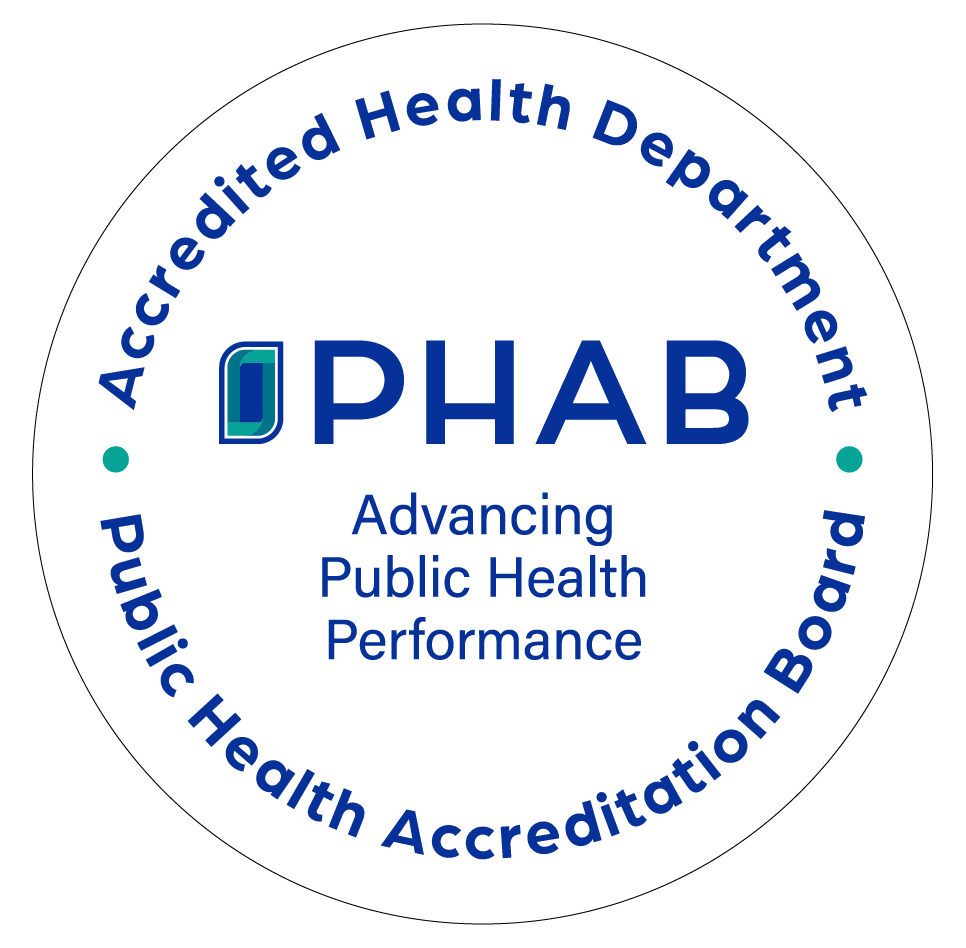Educator Wellness Toolkit: Leading a School with Wellness at the Forefront
 In Indiana, much attention has been paid to the importance of educator wellness and ways in which educators can improve upon their wellness by promoting positive relationships with students and staff, creating effective classroom climates, and managing a work-life balance. The Indiana Department of Education and several other state agencies released a toolkit for educational leaders to create a culture of wellness within their buildings and districts.
In Indiana, much attention has been paid to the importance of educator wellness and ways in which educators can improve upon their wellness by promoting positive relationships with students and staff, creating effective classroom climates, and managing a work-life balance. The Indiana Department of Education and several other state agencies released a toolkit for educational leaders to create a culture of wellness within their buildings and districts.
When educators are well, students are much more likely to thrive. School leaders are in a position to create policies, environments, infrastructure and climates that motivate and enable school staff to be well. This toolkit highlights powerful practices, available support and case studies in which school leaders put educators in the forefront of a topic often focused on students
Healthy Meeting Guidelines
Toolkits
General Resources
- Physical Activity Guidelines for Americans
- Physical Activity Tools & Resources – tools and parent tips for increasing physical activity
- Choose My Plate – nutrition resources including SuperTracker, updated USDA Dietary Guidelines and tools for healthy eating and physical activity
Data Resources
- Division of Nutrition and Physical Activity Fact Sheet
- Behavioral Risk Factor Surveillance System – data on adults regarding obesity, overweight, nutrition and physical activity, among other variables
- Indiana Behavioral Risk Factor Survey – Indiana-specific data results from the Indiana Department of Health
- Youth Risk Behavior Surveillance System – data on high school youth regarding obesity, overweight, nutrition and physical activity, among other variables
- Indiana Youth Risk Behavior Survey – Indiana-specific data results from the Indiana Department of Health
- CDC Overweight & Obesity from the Centers for Disease Control and Prevention – the latest national data and publications
- County Health Rankings & Roadmaps – data and rankings at a county level
- Community Commons – mapping, data, tools and stories to improve communities

